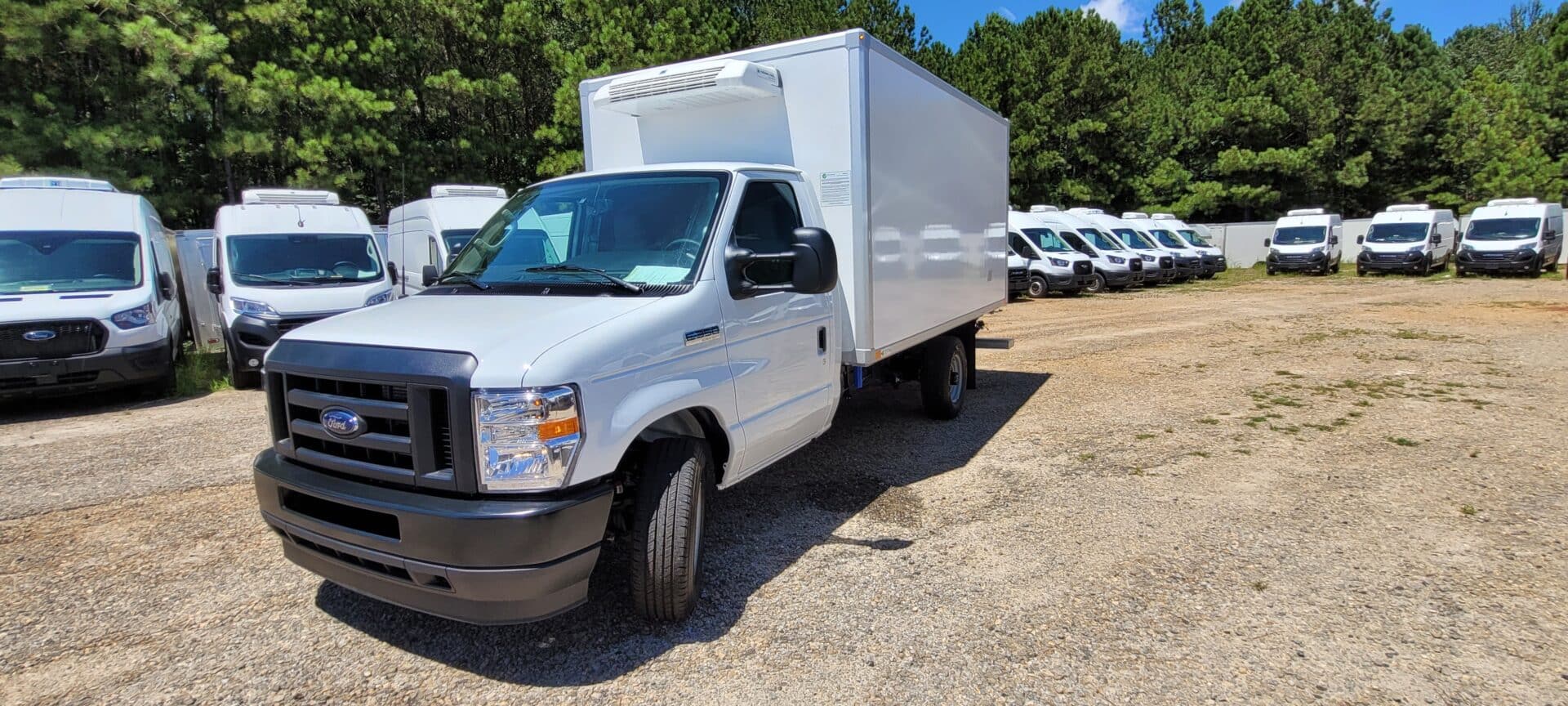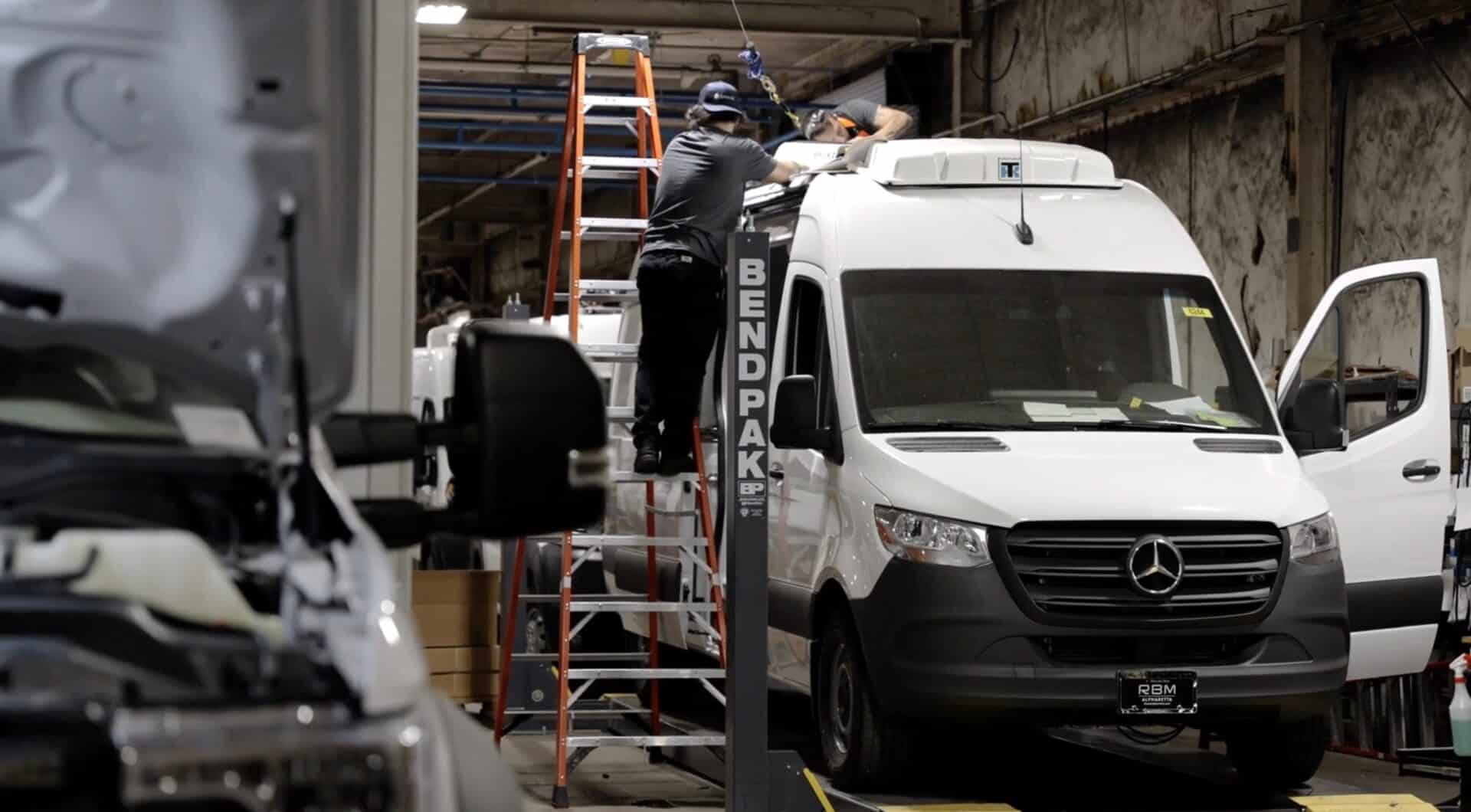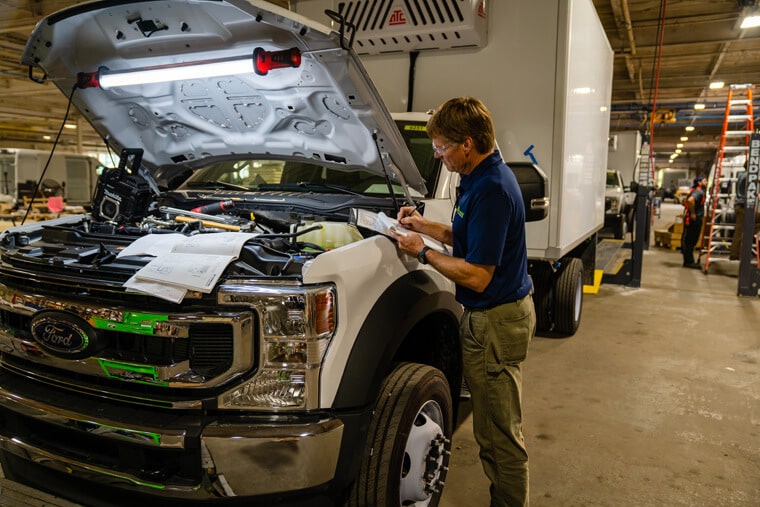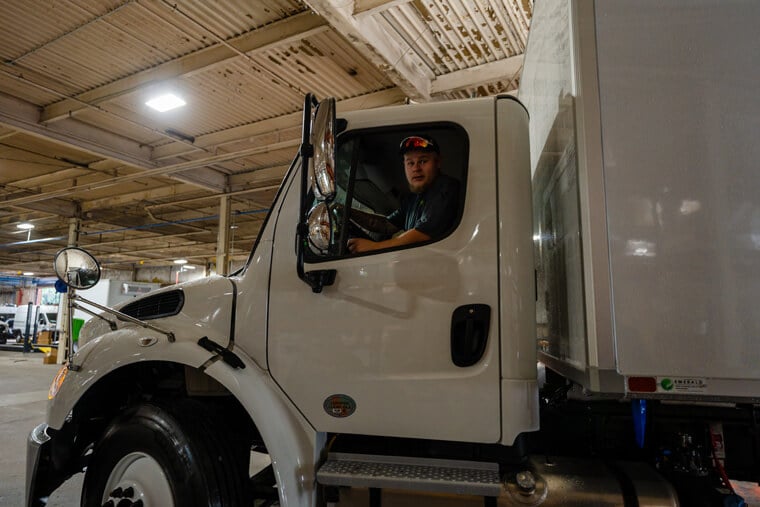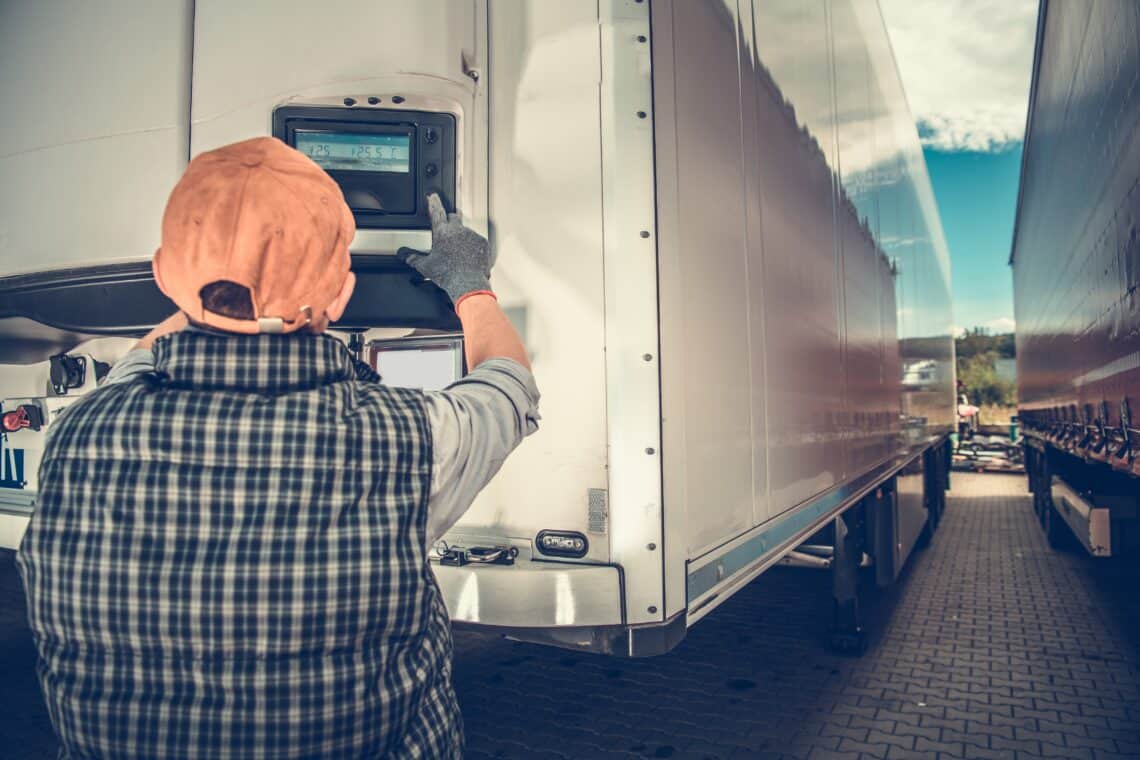
Why Is Having Reliable Food Transportation Important?
Joe Dickman | May 8th, 2022
The main thing that retail grocers are concerned with when it comes to partnering with a food transportation company is reliability. This is especially true when it comes to fresh vegetables. Retailers and customers alike expect the freshest possible vegetables to be delivered. When your transportation company proves they can consistently deliver fresh vegetables in a timely manner, you’ll have no trouble finding retailers to partner with.
One of the important components to delivering fresh vegetables is knowing how to store them. All food transportation companies must first be in compliance with the Food and Drug Administration’s Food Safety Modernization Act rule on Sanitary Transportation of Human and Animal Food. These regulations are specifically written for food transportation trucks, which must be adequately cleaned before storing any food and must be able to maintain the required temperature at which the food be kept. All carrier personnel must complete FDA training in sanitary practices, and training must be documented.
Secondly, you should only deliver the best vegetables. Just as a customer looks for the best-looking vegetables when they buy at the supermarket, so should you when you select which vegetables you’re going to transport. They should be under-ripe and free from damage and bruising.
Next, you have to package your vegetables for shipment. Some vegetables are shipped in wooden or plastic crates, while others are packaged in plastic bags. The most important thing to consider when packaging vegetables is ensuring they will stay at a safe temperature throughout transportation to ensure they are not contaminated. Tomatoes and leafy greens are the most susceptible to microbial contamination. Bacteria thrives in temperatures between 40 and 140 degrees Fahrenheit, so it is important that vegetables be cooled during storage and transportation. All vegetables should be packaged in a manner that allows for proper air circulation and should never come into contact with the vehicle floor.
Finally, you need the right refrigerated truck to transport the vegetables to the distributor. Your vehicle should be in good working condition, sanitized, and inspected before each shipment. Your vehicle should be dedicated to ONLY transporting food products to prevent cross-contamination.
If you are looking for such a vehicle, Emerald Transportation Solutions provides the top of the line refrigerated transportation vehicles. With our reefer trucks and vans, you can rest assured that your perishable items won’t perish before you deliver them because our refrigerated vans and trucks are designed to maintain the proper storage temperature for your fresh produce. Whatever the size of your shipment, we have the right van or truck for you. Contact our team today so you can see the difference our vehicles will make in your business.
Related Articles
Contact Us
Feel Free To Contact Us If You Have Any Questions
What does under DOT mean?
Questions regarding DOT requirements come up often. 10,000 lbs GVW (gross vehicle weight) and over are commercial vehicles that fall under the Department of Transportation regulatory requirements.
What is the difference between GVW and payload?
GVW or Gross Vehicle Weight is the entire weight of the vehicle including the payload. The payload weight represents the amount of cargo you are hauling.
What is a self-powered unit and a vehicle-powered unit?
A self-powered unit has its own fuel source and will run independent of the truck. This is the heaviest and most expensive option. While vehicle-powered units run off the engine via a compressor mounted on the engine. These are less expensive and lighter in weight but you must run the truck or plug the electric standby into shore power.
What does K-factor mean and why is that important?
K-factor is a term that stands for the overall insulating value of the container (truck body). Quite simply the lower the K-factor the better the truck body will be able to maintain a given temperature and require less energy to do so.
How much lighter is a Poly Van vs a US spec body?
Poly Van bodies are very light. On average we estimate we are 75-150 lbs per foot lighter than a traditional sheet and post foamed in place body. These weight savings translates to less fuel burn and less CO2 emissions, along with added payload, the most important benefit.
